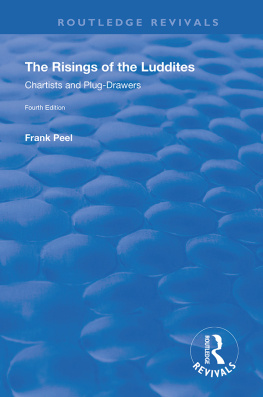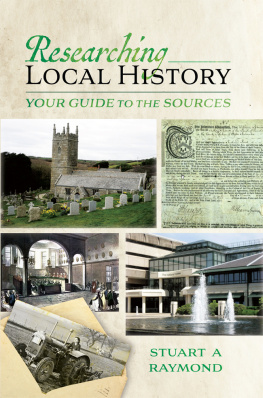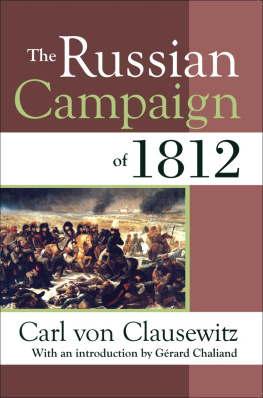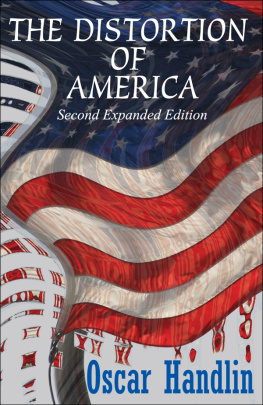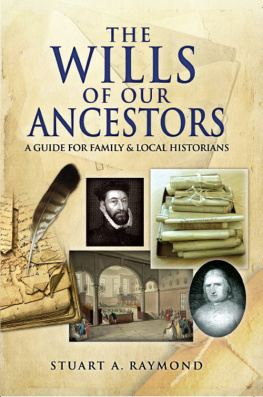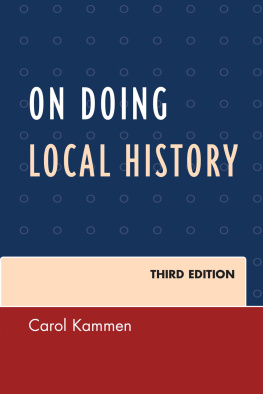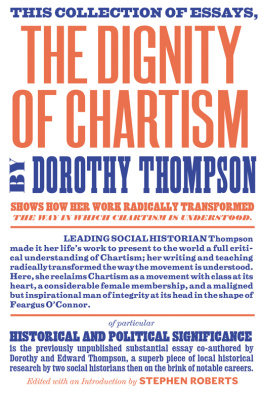First published in 1968 by Augusts M. Kelley Publishers
This edition first published in 2018 by Routledge 2 Park Square, Milton Park, Abingdon, Oxon, OX14 4RN and by Routledge
52 Vanderbilt Avenue, New York, NY 10017, USA
Routledge is an imprint of the Taylor & Francis Group, an informa business
All rights reserved. No part of this book may be reprinted or reproduced or utilised in any form or by any electronic, mechanical, or other means, now known or hereafter invented, including photocopying and recording, or in any information storage or retrieval system, without permission in writing from the publishers.
Publishers Note
The publisher has gone to great lengths to ensure the quality of this reprint but points out that some imperfections in the original copies may be apparent.
Disclaimer
The publisher has made every effort to trace copyright holders and welcomes correspondence from those they have been unable to contact.
A Library of Congress record exists under ISBN: 63015492
ISBN 13: 978-0-367-14676-4 (hbk)
ISBN 13: 978-0-429-05307-8 (ebk)
THE RISINGS OF THE LUDDITES
CHARTISTS AND PLUG-DRAWERS
FRANK PEEL, F.S.A.S.
Published by
FRANK CASS AND COMPANY LIMITED
67 Great Russell Street, London WCl
This edition copyright 1968
Published in the United States by
Augustus M. Kelley, Publishers
New York, New York 10010
First edition 1880
Second edition 1888
Third edition 1895
Fourth edition 1968
SBN 7146 1350 9
Library of Congress Catalog Card No. 6821440
Printed in Holland by
N. V. Grafische Industrie Haarlem
Introduction to the Fourth Edition
FRANK PEELs The Risings of the Luddites went through at least three stages before it arrived at the present form. It commenced as a series of articles in the Heekmondwike Herald and Liversedge Weekly Courier, running from 25th January to 6th August 1878. The second edition (1888) brought additional material incorporated in chapters 5, 6, 12, 22, and 32 of this edition, and added all the post-Luddite material, from chapters 34 to 41. The third, and final, edition (which is presented here) was published from the Echo office, Brighouse, in 1895: it added very little to the 1888 edition, apart from chapter 33 (Comforting Friends) and some new material in chapter 40 (The Plug Riots).
My thanks are due to the Librarians at Heekmondwike and at Cleckheaton Public Libraries for their assistance; to Mr Geoffrey Ineson of the Cleckheaton Ouardian for enabling me to consult the files of that paper; and to Mr Joseph Greenald for assistance in consulting these sources.
Frank Peel, The Risings of the Luddites (Herald Office, Cheapside, Heekmondwike, 1880).
Peel himself appears as a characteristic figure in small-town Liberal Nonconformity. Born on 29th May 1831, the son of a small worsted manufacturer at Great Horton, near Bradford, he was apprenticed to a draper, married (in 1856) the sister of his employer, and thereupon went into partnership with his brother-in-law in a linen-drapers business at Heekmondwike. He continued in this business for thirty years: was at one time and another local collector of taxes, a member of the Heekmondwike Local Board, honorary secretary to the Chamber of Trade, and an officer of the local Mechanics Institute: and was at all times an earnest Congregationalist. He had, meanwhile, written occasionally for the Dewsbury Reporter; and he became a foundermember and Vice-President of the Heekmondwike Antiquarian Society in February 1880.
The Objects of the Society included: (h) The collecting of materials relating to the traditions, manners and customs of the town and neighbourhood. Heekmondwike Library, cutting book, SPE 942 HEC.
Obituary in ClecJcheaton Guardian, 12 April 1900; T. W. Thompson, Spen Valley: A Local History (Heckmondwike, 1925), p. 320; Heckmondwike Herald, passim; cutting books in Heckmondwike Library.
II
The West Riding was unfortunate in having no Samuel Bamford to chronicle its early Radical history, nor any middleclass historian of radical temper (like Archibald Prentice for Manchester and J. A. Langford for Birmingham) to draw the story together. However, the last decades of the 19th century saw the growth of a vigorous school of local historiansas well as of local annalists and folkloristsdistinguished by their preoccupation with economic, industrial and social themes; among the most noteworthy were John James, James Burnley, William Cudworth and William Scruton of Bradford; J. Horsfall Turner and John Lister of Halifax; D. F. E. Sykes of Huddersfield; William Smith of Morley; and Joseph Lawson of Pudsey.
Thus Frank Peel was no isolated amateur, but a representative mind within an efflorescence of historical consciousness within his own community. Undoubtedly these men wrote for an appreciative audience: and relations between the historian and his readers were closewhen articles appeared in weekly instalments in the local press, it was possible for readers to challenge disputed points (or to add new information) in the next weekly issue. Lawsons remarkable Progress in Pudsey No doubt there may be other important reminiscent articles in the local press of these decades still awaiting discovery by the researcher.
Joseph Lawson, Letters to the Young on Progress in Pudsey during the Last Sixty Years (Stanningley, 1887).
Pudsey District Advertiser, 18 December 188527 August 1886.
Cleckheaton Guardian, 12 April 1900:1 have not checked this claim.
The historical consciousness of this time had two leading characteristics. The first (which concerns us least in relation to this book) was an intense local patriotism, as the Victorian age of improvement had come, at last, to a point of poise, or of realisation, and the manufacturing and commercial middle-class wished to celebrate achievement, stabilityand continuity. Each town must have its own Town Hall, Chamber of Trade, and local history; and West Riding historians, piqued by the way in which the industrial north was caricatured in polite London culture as a mushroom-growth of the industrial revolution, were the more anxious to insist upon their own Cromwellian, or Saxon, or Roman antiquities.

